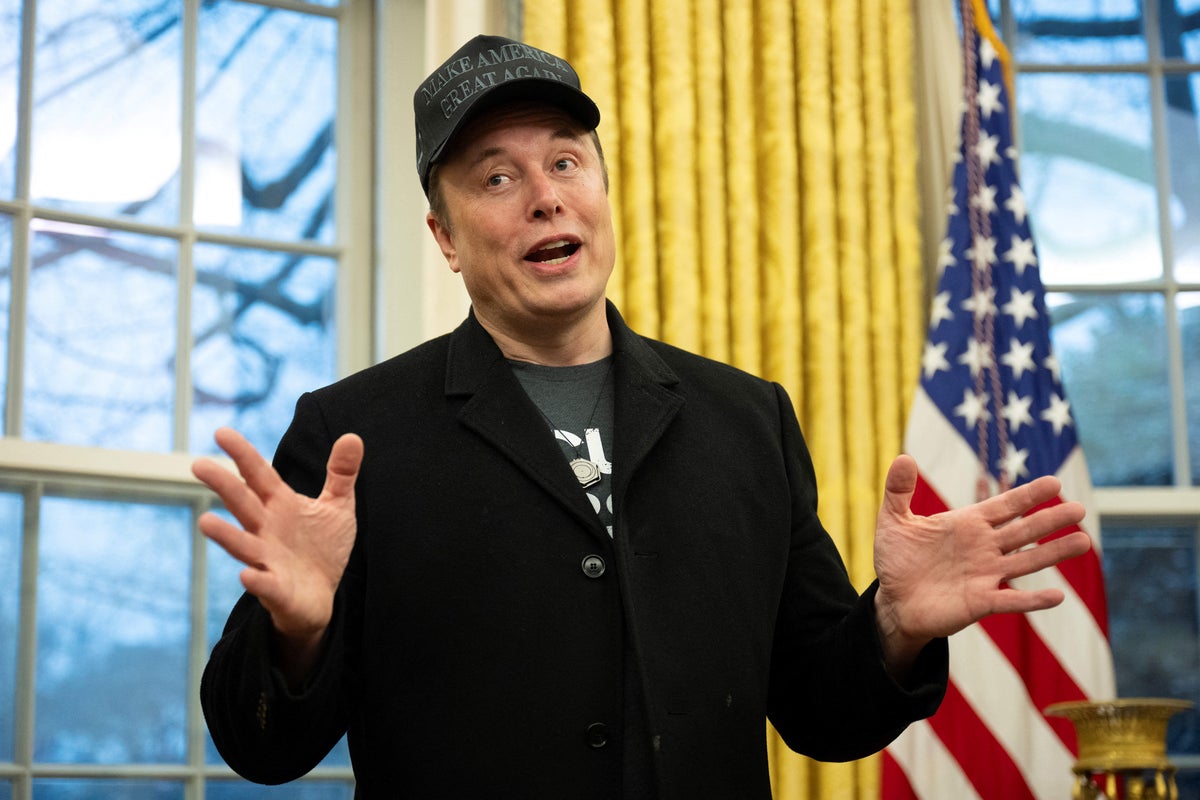Now Reading: Elon Musk’s AI Chatbot Grok Sparks Debate Over Climate Denial Claims
-
01
Elon Musk’s AI Chatbot Grok Sparks Debate Over Climate Denial Claims
Elon Musk’s AI Chatbot Grok Sparks Debate Over Climate Denial Claims

Quick Summary:
- Climate Change Question: Grok, the AI chatbot by xAI founded by Elon Musk, delivered nuanced and sometimes skeptical responses when asked about climate change being an urgent threat.
- Details on Responses: Grok cited scientific findings from NOAA and NASA but also included views of climate denialists who minimize global warming risks. It emphasized perspectives such as gradual changes over centuries,adaptability of wealthier nations,and skepticism toward emission cuts.
- Comparison with Other AI Models: Other AI tools like ChatGPT and Google’s Gemini provide clear statements aligning with the scientific consensus that urgent actions are needed to combat climate change.
- Criticism: Experts including Andrew Dessler noted Grok’s promotion of fringe denialist viewpoints.Data for Good’s Théo Alves Da Costa reported misleading claims generated by Grok about 10% of the time.
- Musk’s actions: Under Musk’s direction, xAI reportedly aimed to make Grok politically neutral by amplifying minority views such as climate skepticism to offset perceived biases in other models. Musk has previously criticized liberal or “woke” content in AI programming.
- Government Use of Grok: The Trump management is increasingly using Grok for data analysis across federal agencies,raising concerns about its influence over policy decisions that reinforce fossil fuel reliance.
Indian Opinion Analysis:
The emergence of bias-prone artificial intelligence models like Grok highlights the growing importance India must place on ethical AI governance. Given India’s efforts in both combating climate change and expanding its digital infrastructure-notably through initiatives like Digital India-a balanced approach is critical. If biases infiltrate widely-used AI systems powered internationally or domestically, misinformation could undermine policy-making or public awareness campaigns.
India can leverage its position as a major stakeholder in global climate diplomacy (including at forums such as COP conferences) to demand transparent standards for neutrality in global AI applications dealing with environmental issues. Moreover, ensuring robust fact-checking mechanisms tied into domestic platforms reliant on imported AIs would safeguard against misleading narratives affecting national efforts around renewable energy transitions or pollution mitigation policies.Ultimately, while technological advancements hold promise in addressing ecological challenges effectively-such as tracking deforestation or extreme weather impacts-the potential misuse or flaws amplifying fringe views poses meaningful risks for balanced discourse worldwide.























